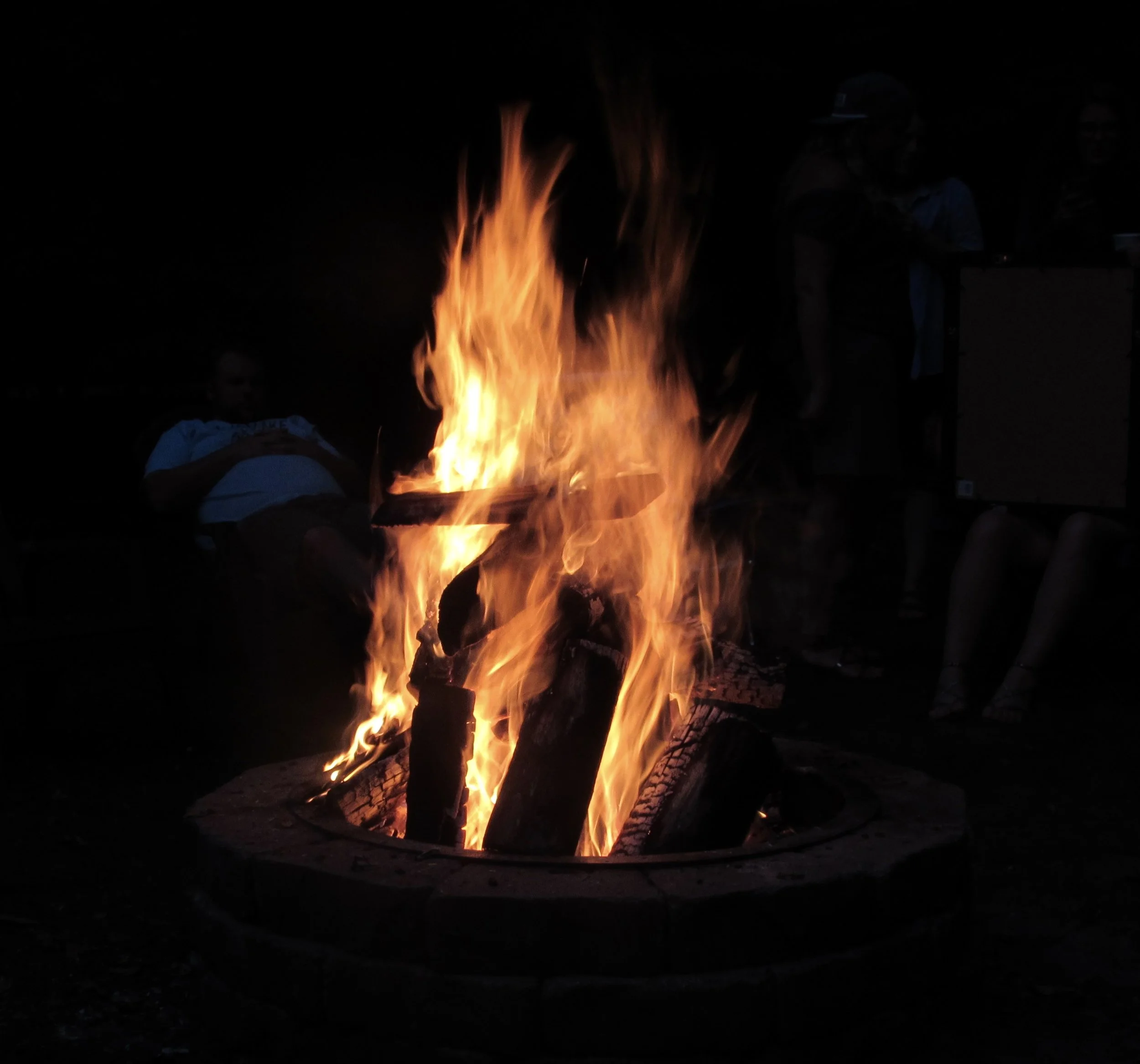Collaborative Decision making in Disaster Response Situations
Professor Murray Turoff recently sent me a draft of a paper that has been submitted for presentation at the upcoming 5th International ISCRAM Conference in Washington DC in May of 2008. The title of the paper, co-authored by Turoff with Connie White, Linda Plotnick, and Starr Roxann Hiltz, is “Dynamic Emergency Response Management for Large Scale Decision Making in Extreme Events.”
In the paper, the authors provide a philosophical discussion of the type of information system that groups of experts would need to employ in the event of a major catastrophic event. The situations such a system and group of experts would need to address include:
Decisions are needed in realtime.
Events may be unpredictable and chaotic.
Errors in decisionmaking can be catastrophic.
Group collaboration is needed on a large scale.
Groups of available experts may not be predetermined.
In this type of situation, according to the authors, a “classic” decision support system, one where decision makers have complete knowledge of all relevant variables and values from which an ideal selection of well-understood options can be made, is unlikely to exist. Instead, they discuss an alternative scenario (and a variety of current and past experiments) where groups of experts collaboratively make subjective comparisons of a limited number of alternatives relying heavily on past experience, expertise — and feedback from those closest to an incident.
One thing that grabbed my attention about this paper is the author’s explicit statement about the need to define “collaboration”:
Too much of the literature confuses collaboration with terms like cooperation. What we are after is true collaboration among the group that forms to solve a given problem as defined in the following scale of group communication commitment:
Degree of group communication commitment scale
1. Competitive – no trust in passed information
2. Informative – honest information on what is being done by each party
3. Coordination – mutual scheduling of what each party is doing
4. Cooperative – mutual agreement on what each party is doing
5. Collaboration – working together on the same tasks.
Several things vary across these levels, including the type of information that is exchanged, the nature and level of trust among the participants, and the relationship between decisions and actions. Perhaps it’s not surprising that there is some similarity between the above “group commitment scale” and the RACI model often used in connection with IT project management.
Another thing that emerges from a reading of the paper by Turoff et al. is the frequent reference the authors make to concepts closely related to social networking and social media — trust, communities of practice, shared decisionmaking, voting, interactive feedback, relationship building — these are concepts that have emerged strongly in recent years with practical (and popular) applications to both public and corporate communications.
A variety of commentators — including yours truly — have explicitly recommended the adaptation and adoption of such technologies in disaster response communication situations. It is therefore rewarding to see a sophisticated decisionmaking framework like the one discussed in the Turoff paper employing such concepts in such a thoughtful fashion.
What I find the most attractive about the concepts discussed here is the focus on the harsh reality that recognizes the following facts:
Decisionmakers in emergency situations often lack perfect information.
Rules and decisions made beforehand may have to be radically altered or discarded when reality strikes.
Groups of experts who need to be consulted may have to be identified on an ad hoc basis.
Having a well thought out process in place for decisionmaking may be significantly more important than having rules and decisions made in advance.
There’s no substitute for practice decisionmaking in “normal times” to get decisionmakers ready for the real thing.
The most exciting part of this concept, for me, is the concept of shared expertise. If technology can really help improve how knowledgeable people interact, collaborate, and support disaster response decisionmaking, I’m all for it.
Copyright © 2008 by Dennis D. McDonald



